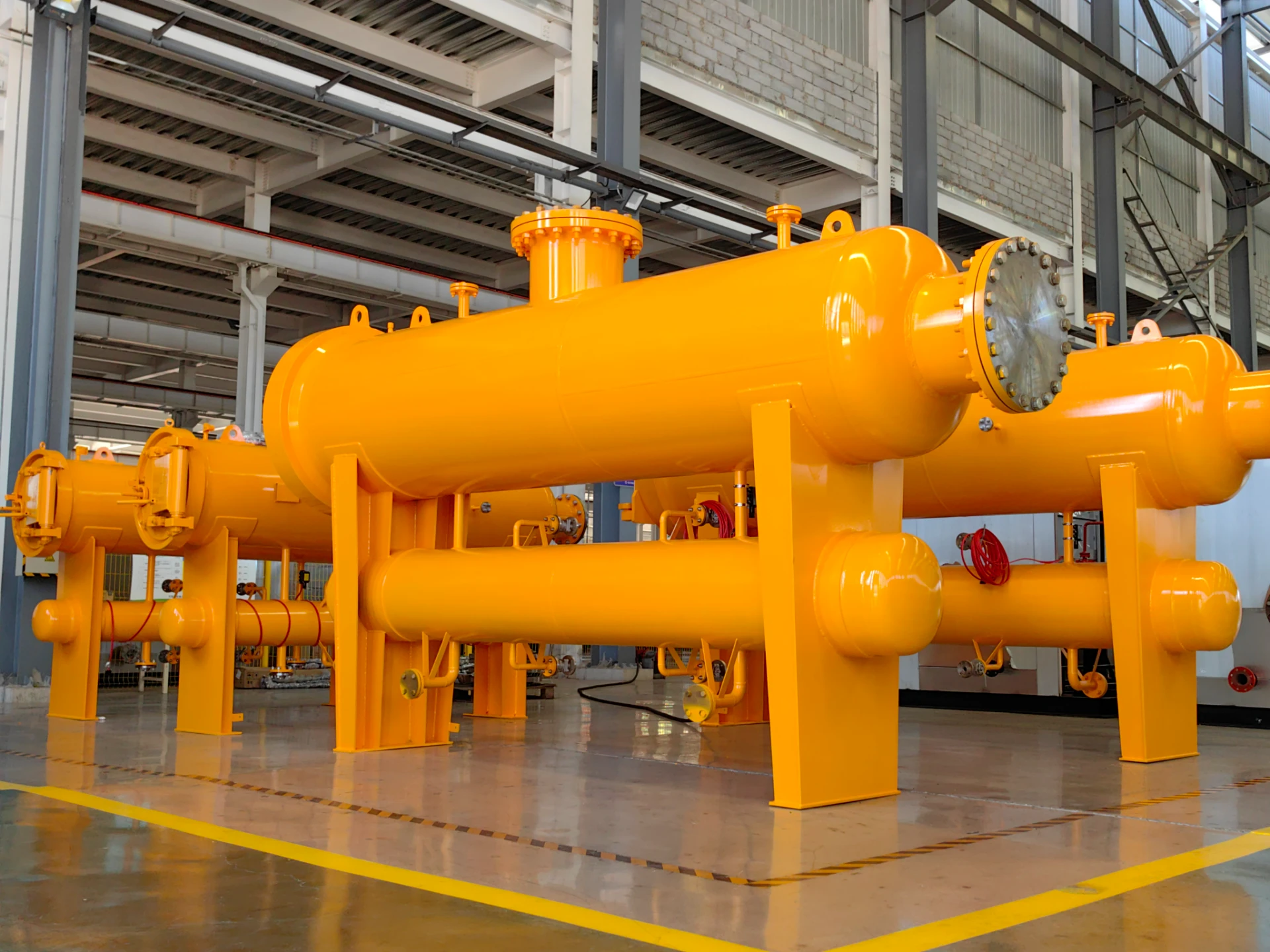
Dec . 04, 2024 16:36
Back to list
gas filter
Understanding Gas Filters Essential Components for Air Quality Management
In an age where industrialization and urbanization are rapidly advancing, air quality has become a significant concern. Gas filters are crucial devices in managing and mitigating air pollutants. These filters play a vital role in various applications, from industrial settings to everyday household items, contributing to cleaner air and improved public health.
The Basics of Gas Filters
Gas filters are designed to remove harmful gases from the air that can be detrimental to health and the environment. They work by utilizing various mechanisms, including adsorption, absorption, and chemical reaction. Each mechanism targets specific contaminants and helps in purifying the air by eliminating pathogens, volatile organic compounds (VOCs), particulate matter, and various toxic gases.
The construction of a gas filter typically involves various media, which can be composed of activated carbon, zeolites, or specialized polymers. Activated carbon, for example, is known for its high surface area and porous structure, making it exceptionally effective at trapping pollutants. Zeolites, on the other hand, are crystalline minerals that can selectively absorb and exchange certain ions, thus facilitating the removal of specific gases.
Types of Gas Filters
Gas filters can be classified broadly into two categories mechanical filters and chemical filters. Mechanical filters physically trap particles and larger contaminants, while chemical filters interact with specific gases to neutralize or convert them into less harmful substances.
1. Mechanical Filters - HEPA Filters These high-efficiency particulate air filters are capable of screening out particles as small as 0.3 microns, making them effective against dust, pollen, and smoke. While primarily designed for solid particles, they can also help improve overall air quality by preventing particulate buildup.
2. Chemical Filters - Activated Carbon Filters These filters excel in removing gases and odors due to their large surface area. They are particularly effective against VOCs found in cleaning products, paints, and other household items. - Catalytic Filters These filters utilize chemical reactions to convert harmful gases like carbon monoxide into less harmful substances. They often involve precious metals like platinum or palladium to catalyze these reactions efficiently.
gas filter

Applications of Gas Filters
Gas filters find applications in a wide range of industries and environments. In industrial settings, they help control emissions from factories, ensuring that harmful gases do not enter the atmosphere. This is not only crucial for compliance with regulations but also for protecting the health of workers and nearby communities.
In residential settings, air purifiers often employ gas filters to improve indoor air quality
. These devices become particularly valuable in urban areas where exposure to outdoor pollution can infiltrate living spaces. Homeowners are increasingly investing in such technologies to safeguard their families from the risks associated with poor air quality.Another significant application of gas filters is in automotive technology. Cars are equipped with cabin air filters that remove harmful pollutants from the air entering the vehicle, enhancing passenger comfort and health.
The Importance of Regular Maintenance
To ensure optimal performance, regular maintenance of gas filters is essential. Over time, filters can become saturated with pollutants, leading to reduced effectiveness. Guidelines vary based on the type of filter and its application, but common practices include inspecting, cleaning, or replacing filters when necessary.
By adhering to maintenance schedules and ensuring timely replacements, users can maximize the efficacy of gas filters, thereby promoting healthier air quality in their environments.
Conclusion
Gas filters are indispensable components in the quest for cleaner air and better public health. By understanding their mechanisms, types, and applications, individuals and industries can make informed decisions to enhance air quality. Investing in and maintaining gas filtration technologies not only helps in meeting regulatory standards but also fosters a healthier and more sustainable environment for future generations. The continued innovation in this field promises even more efficient solutions to combat air pollution, a pressing challenge of our time.
Latest news
-
Safety Valve Spring-Loaded Design Overpressure ProtectionNewsJul.25,2025
-
Precision Voltage Regulator AC5 Accuracy Grade PerformanceNewsJul.25,2025
-
Natural Gas Pressure Regulating Skid Industrial Pipeline ApplicationsNewsJul.25,2025
-
Natural Gas Filter Stainless Steel Mesh Element DesignNewsJul.25,2025
-
Gas Pressure Regulator Valve Direct-Acting Spring-Loaded DesignNewsJul.25,2025
-
Decompression Equipment Multi-Stage Heat Exchange System DesignNewsJul.25,2025

